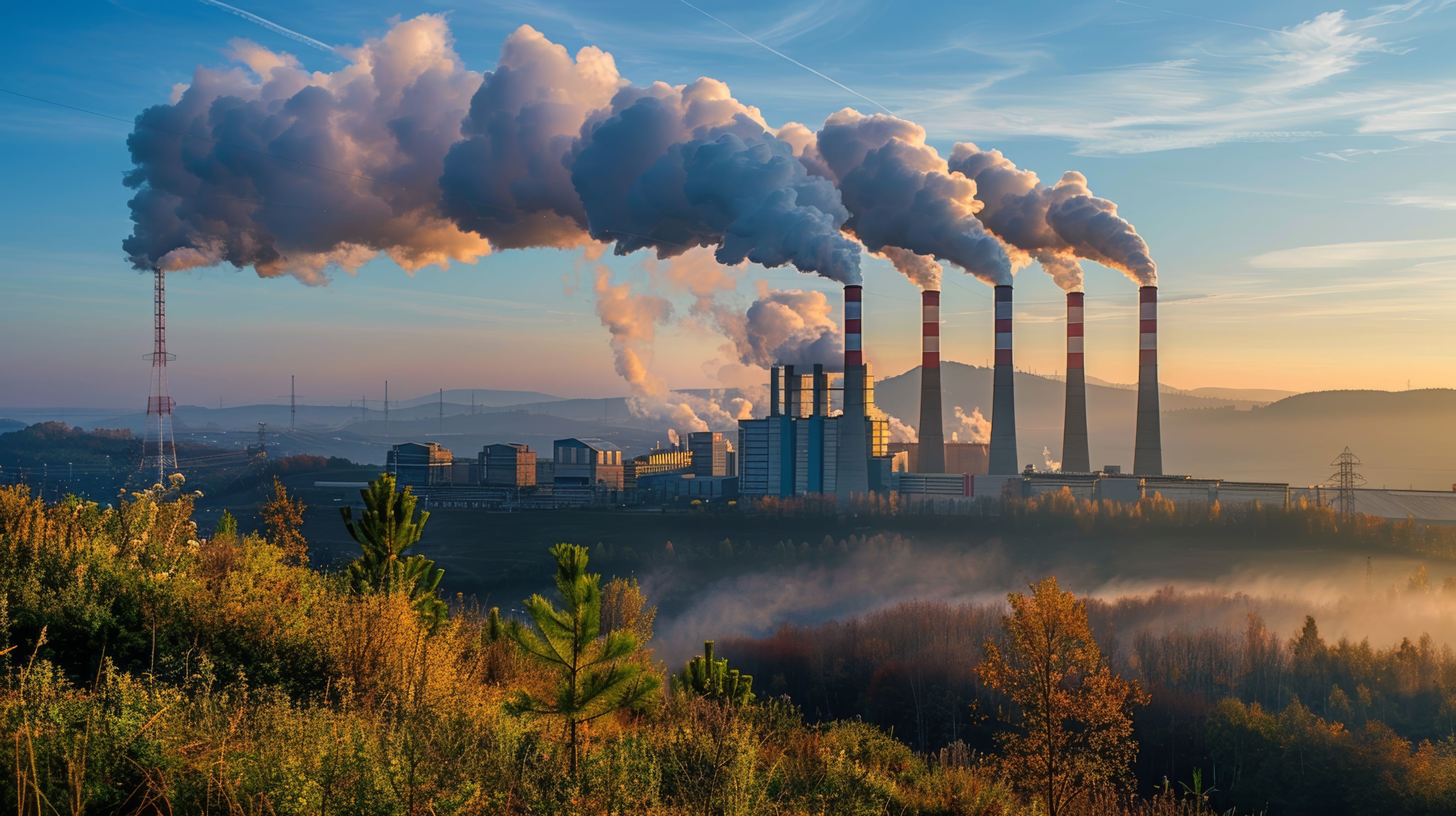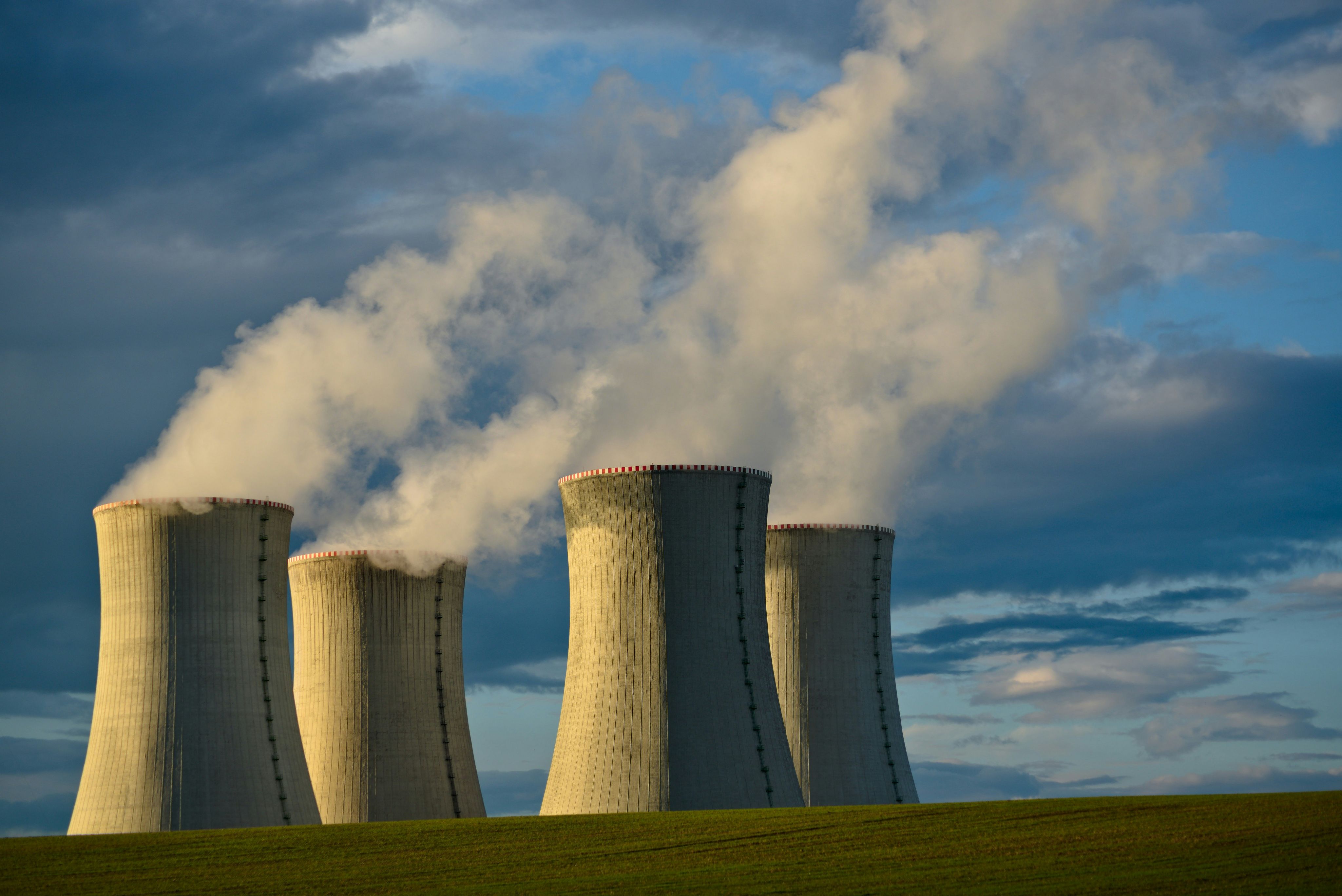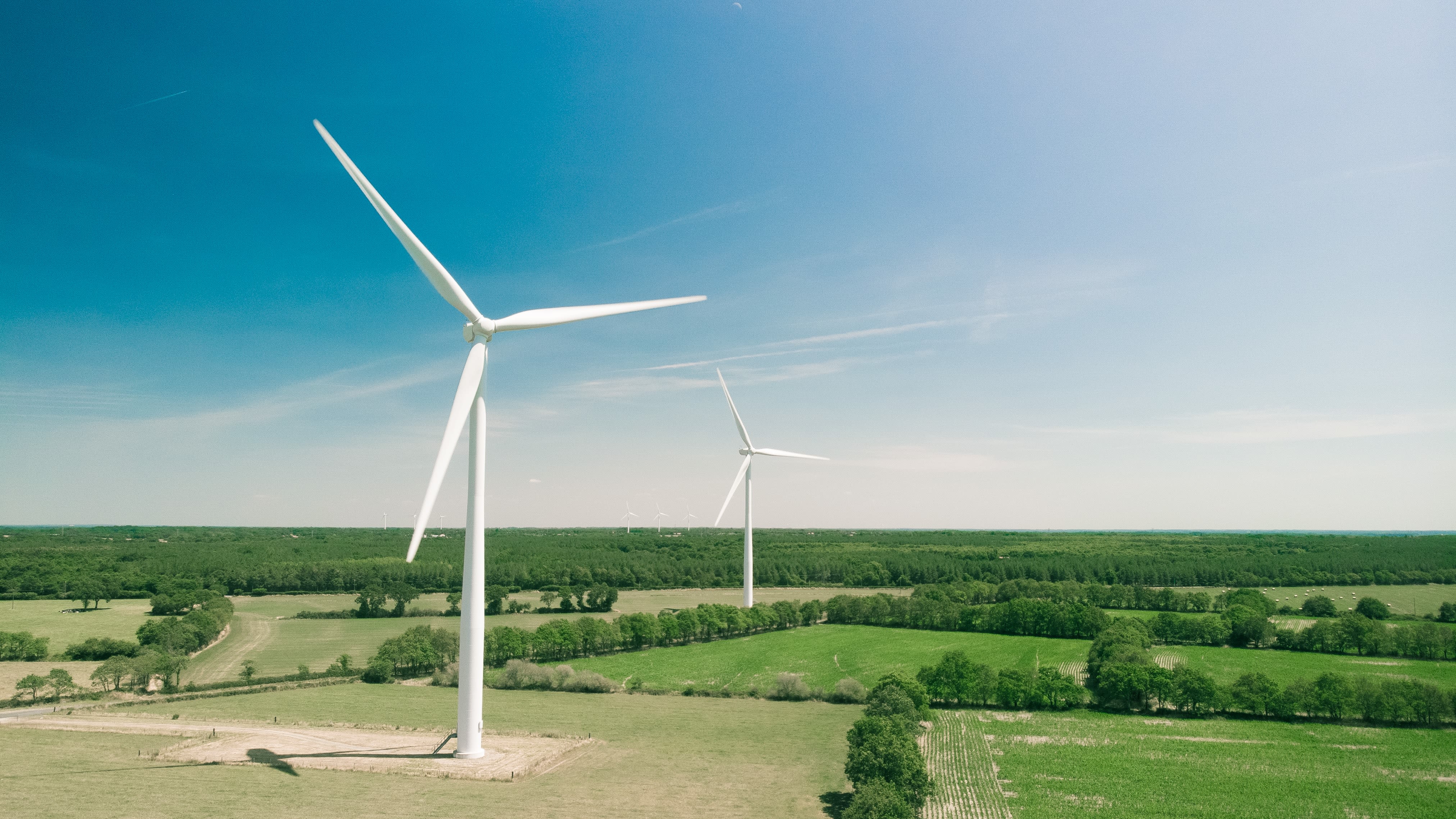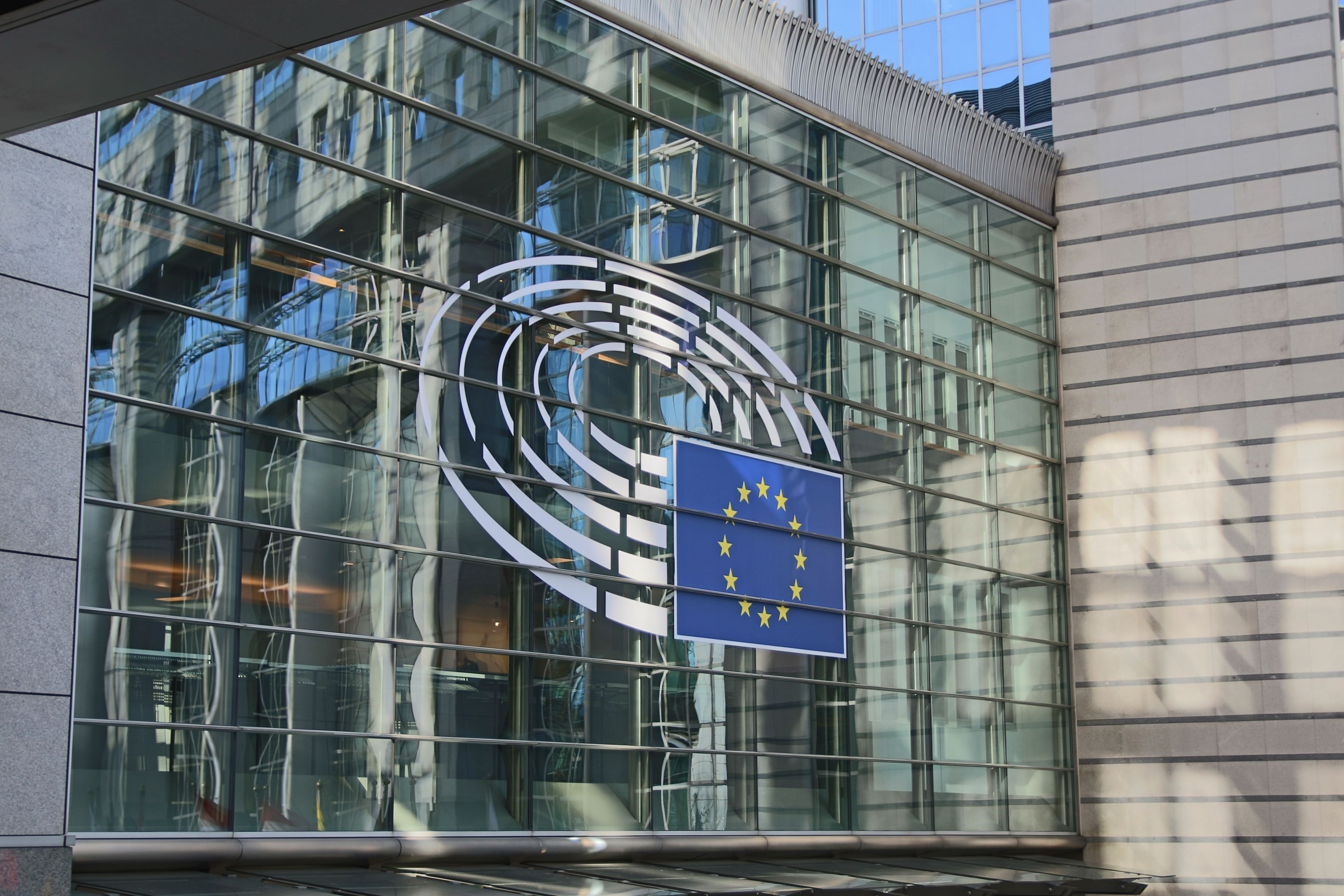EPP’s support for 90 percent CO2 cut in 2040 is not unconditional, lawmaker Liese says
EPP’s support for 90 percent CO2 cut in 2040 is not unconditional, lawmaker Liese says
28 June 2024
By Stefano Porciello
Support from the European People’s Party for a 90 percent cut in emissions by 2040 is not unconditional and a tough debate lies ahead, the party’s top environmental lawmaker Peter Liese told MLex in an interview.
The EU is already late on its legal obligation to put the new climate target into law, but officially recommended a 90 percent cut in February.
“I think the 90 percent [target is] possible, but only if we are more flexible when it comes to the implementation,” Liese said. “So it's … challenging, and that's why the support of the EPP for the 90 percent is not unconditional.”
“Personally, I think we can support it if conditions are met,” he said, “but it will be a tough debate.”
Green Deal future
The EU’s 2040 climate target is not the only file where the new legislature’s debates might heat up. The EU Green Deal — the raft of climate, environmental and energy laws aimed at making Europe’s climate neutrality goal in 2050 possible — was Ursula von der Leyen's top goal in the last mandate, and many on the right side of EU policymaking would like to change path.
Liese’s center-right EPP, which is the biggest party in the European Parliament, promised to revise the EU’s 2035 zero-emission car goal, and Liese himself is calling for the postponement of a law against deforestation.
But on the other hand, Liese insists that the EU’s 55 percent emission cut in goal in 2030 and the 2050 climate neutrality should not be challenged.
“I feel a lot of support in my group for that position, but we want to achieve [these targets] with less bureaucracy, less red tape, more technological neutrality and with more cooperation with industry, farmers and citizens,” he said.
For Liese, who would like to continue coordinating the party’s position on green files, the goal is to safeguard the core of the Green Deal and make it a success, so that “in five years, people will say: ‘now they got it right and we are on the right path’ — which needs some adjustments.”
Combustion engines
The top item on the EPP’s green policy agenda is the revision of the 2035 deadline for new polluting cars, despite requests by some EU carmakers, energy companies and others not to “hit reverse” on it.
“We don't want to change the targets of only climate-neutral cars in 2035, but carbon-neutral fuels, mainly e-fuels, should be allowed” Liese said, referring to non-fossil gasoline and diesel made from hydrogen, electricity and CO2. “We are against the ban of the combustion engine.”
According to him, the current loophole that allows cars to run on CO2-neutral fuels and be considered zero-emission is not enough to make sure e-fuels vehicles can meet the law requirement in 2035. This means that a change is needed in the basic legal act, he argued.
But opening the file might mean that also biofuels, currently excluded by the law’s requirement and strongly promoted by Italy, could find a way in, too. “Here we have a debate,” Liese said.
“I personally think we should have a very limited room for biofuels, because when we just allow any kind of biofuels, including imported ones, we will create unwanted side effects,” he said, recommending a grandfathering clause so that “biofuels that are in the market now, in particular sustainable biofuels, should be allowed.”
ETS future
Also on the agenda is the functioning of the EU Emissions Trading System, post-2030. The ETS is the cornerstone of the EU climate policy and requires big polluters to pay for a part of their emissions by buying and then surrendering emission permits.
But should current rules continue applying unchanged, no more permits would be available in 2039, meaning steelmakers, cement producers and other big polluters in the system should be climate-neutral almost a decade in advance on EU goals.
Liese, who had recently argued in favor of including negative emissions in the ETS, now says he also has a “very concrete plan” for that: his own pre-negotiations draft proposal, which he drafted in his capacity of lead lawmaker on the file.
In that plan, he had suggested handling emission permits to the industry in exchange for the emissions removed or captured form the atmosphere.
“At that time, there was no majority in the parliament and also no willingness in the council and in the commission, but I see more and more support for that idea, for two reasons. First, we need to incentivize negative emissions. We desperately need this technology, because otherwise we cannot come close to the Paris targets. And if we don't start to incentivize them now at big scale, we will not have them at big scale when we need them,” Liese said.
The second reason is that if no possibility is offered to the industry to compensate for its emissions, “then we will somehow force industry to invest outside Europe,” he argued.
CO2 tariff, aviation fuels
Other Green Deal files, such as the CO2 tariff on imports known as CBAM — the Carbon Border Adjustment Mechanism — or the sustainable jet fuels uptake mandate for airlines, should not see major calls for change by the EPP, if Liese’s approach is reflected in the party’s stance.
CBAM should not be completely changed, Liese said, arguing instead that “we should stick to it in the main components and do some fine tuning, so as to reduce the administrative burden and to avoid some unwanted side effects when it comes to the products covered.”
As to the EU laws for greening aviation, Liese said that both the ETS and the mandate to use increasing shares of sustainable aviation fuel are necessary, and as the EPP supported them in the last mandate, “we need to defend both”.
For the inside track on European energy and environmental policy developments, activate your instant trial of MLex today.





